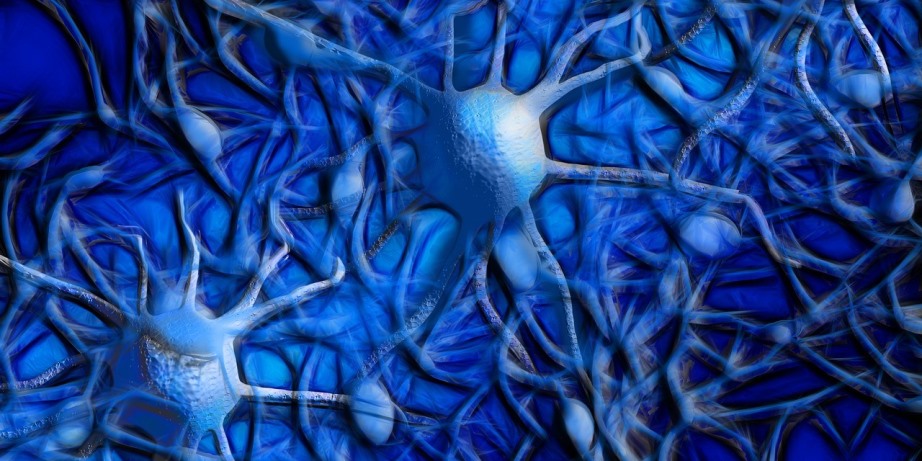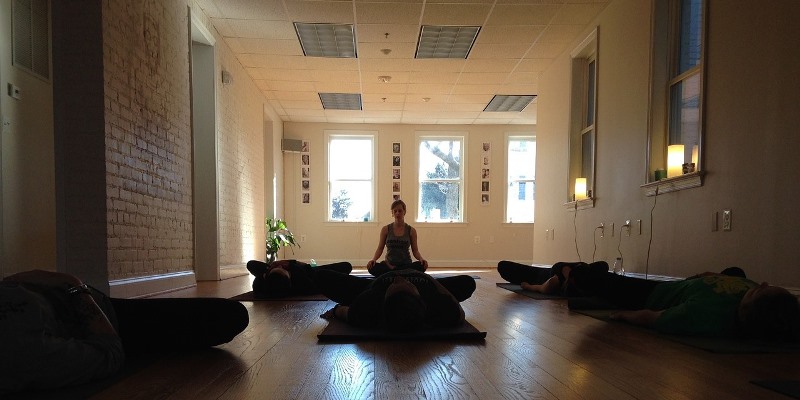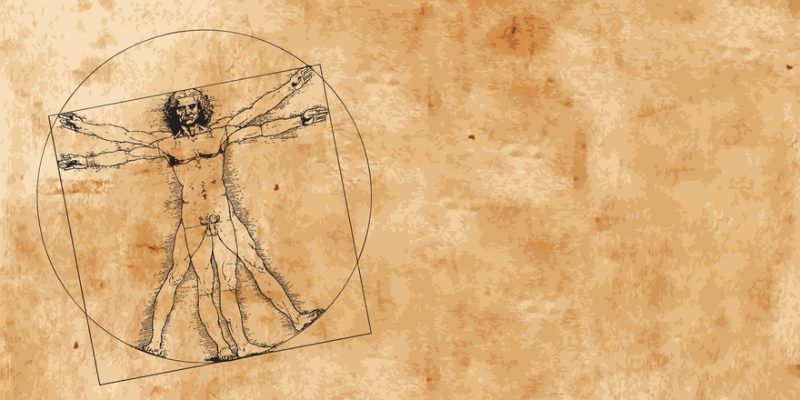
The Autonomic Nervous System (ANS) is a large system of nerves that acts largely unconsciously, independently, and “automatically,” and regulates i.e. controls a variety of bodily functions, such as heart rate, digestion, respiration (breathing), pupillary response, urination, and certain reflex actions (such as coughing, sneezing, swallowing and vomiting), among other functions.

Depending on the definition one follows, the ANS is thought to consist of four parts: the Sympathetic Nervous System (SNS), the Parasympathetic Nervous System (PNS), the Visceral Sensory Nervous System (VSNS) and the Enteric Nervous System (ENS). Mind that some only consider the SNS and PNS part of the ANS, others also include the ENS, and so on.
As for our breathing, notably the SNS and PNS play a crucial role. The SNS is often considered responsible for the automatic i.e. autonomous “fight or flight” stress and challenge response, and the PNS for the “rest and digest” calm-down response. This means that our breathing pattern can autonomously and beyond our will accelerate (through SNS activation) or slow down (through PNS activation) depending on the response of the ANS on external or internal stimuli.
Nonetheless, breathing is one of the bodily functions we can also control consciously, that is, according to our will. This, of course, is the foundation of Breathwork.

It means that when we are under stress and start to breathe too fast and/or too shallow (with all of its consequences), we can deliberately slow down and deepen our breathing rate with certain breathing techniques, which then “bypasses” the autonomy of the ANS and signals it that it can leave the SNS “fight or flight” state and enter the PNS “rest-and-digest” state. In fact, we then “trick” the body and mind in order to calm down.
Additionally, in the context of Breathwork, you may often hear or read about “activating” the Vagus Nerve. This vital cranial nerve is part of the PNS and connects to parts of the mouth while extending down through the neck, chest, and abdomen. This nerve makes up about seventy-five percent of the PNS and links the heart, lungs, intestines, and other vital internal organs.
As such, the Vagus Nerve plays an important role for our respiratory system. In effect, it’s responsible for the regulation of digestion, heart rate, and respiratory rate, among other internal organs and reflex functions. Thus, when we “activate” the Vagus Nerve through deliberate slow and deep breathing, it subsequently triggers a relaxation response of body and mind.





















